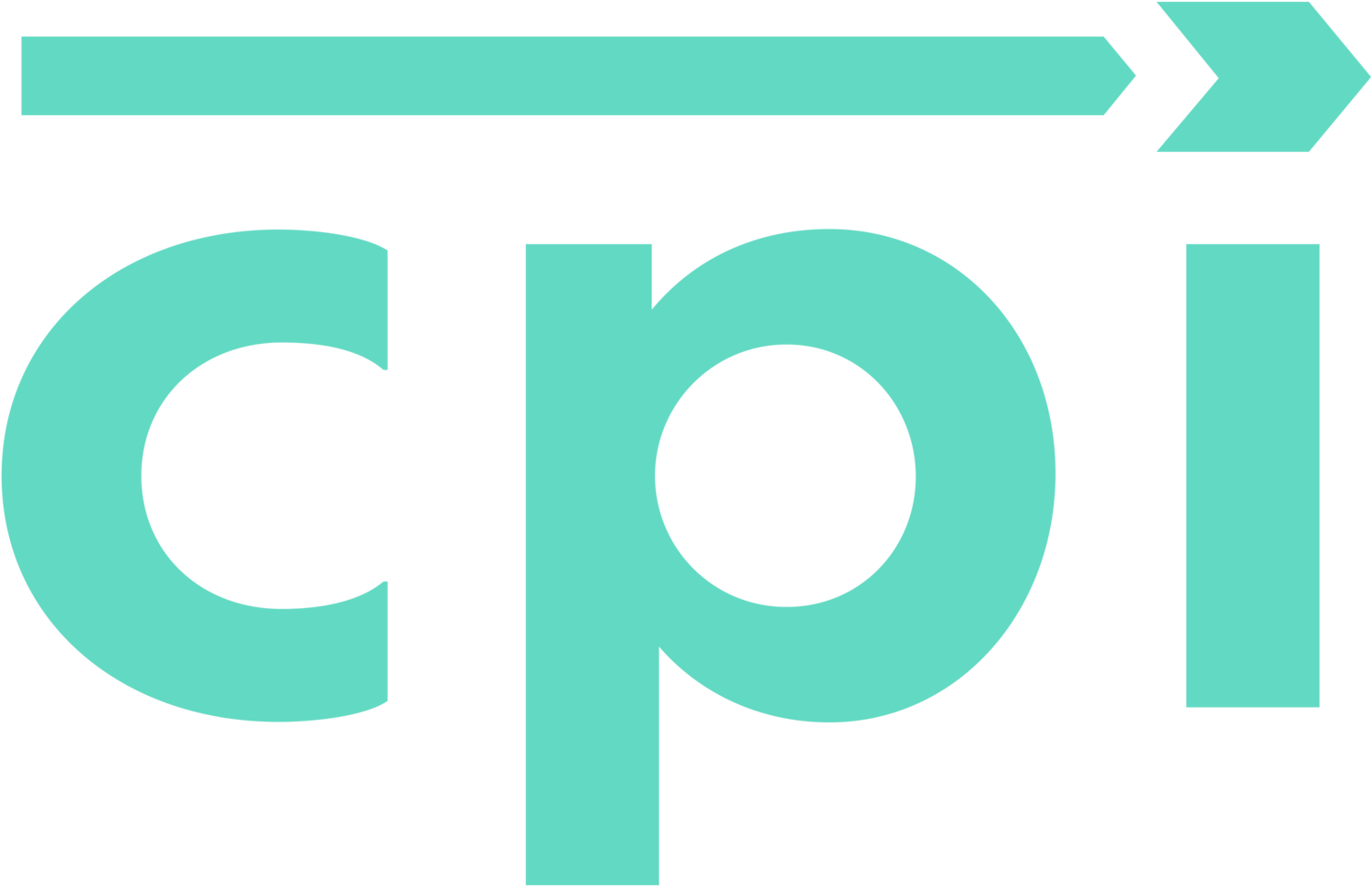
Insights
Articles and insights from the CPI team.

3 charts showing where California’s energy actually comes from
The other day I was driving past the now-closed San Onofre nuclear power plant and I thought “Dang, how much electricity did that used to produce? Wait, where does all of California’s energy actually come from?” To answer the first question: in its heyday San Onofre produced about 10% of California’s total power. More on this later.
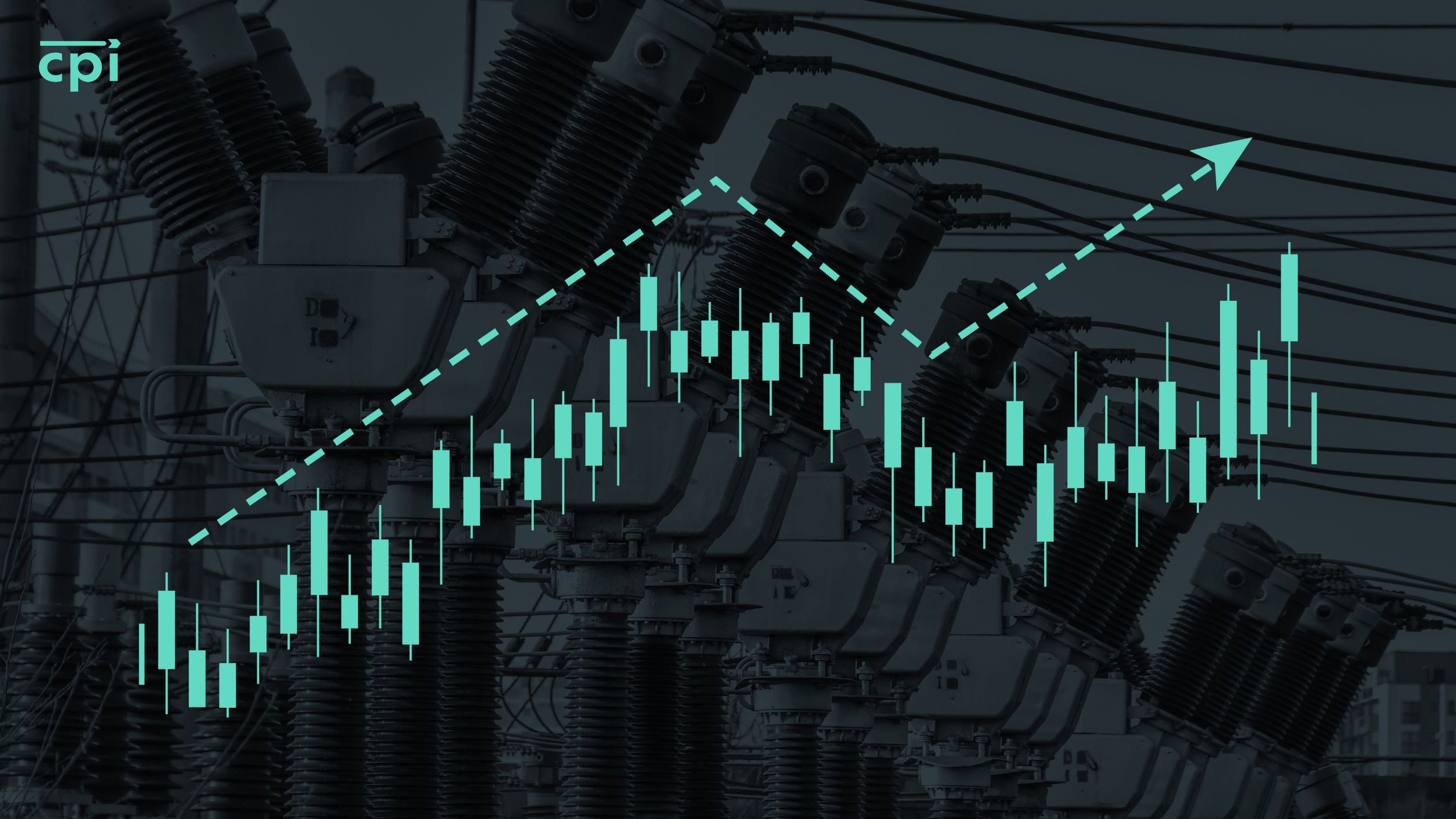
The AI Gold Rush: Why Utilities are the New Picks and Shovels
Like most people working in the electric utilities industry I had no idea how crucial power delivery would become for the next great technological revolution. Since ChatGPT took the world by storm in late 2022 there has been an unprecedented flood of attention, talent, and capital into the AI revolution.
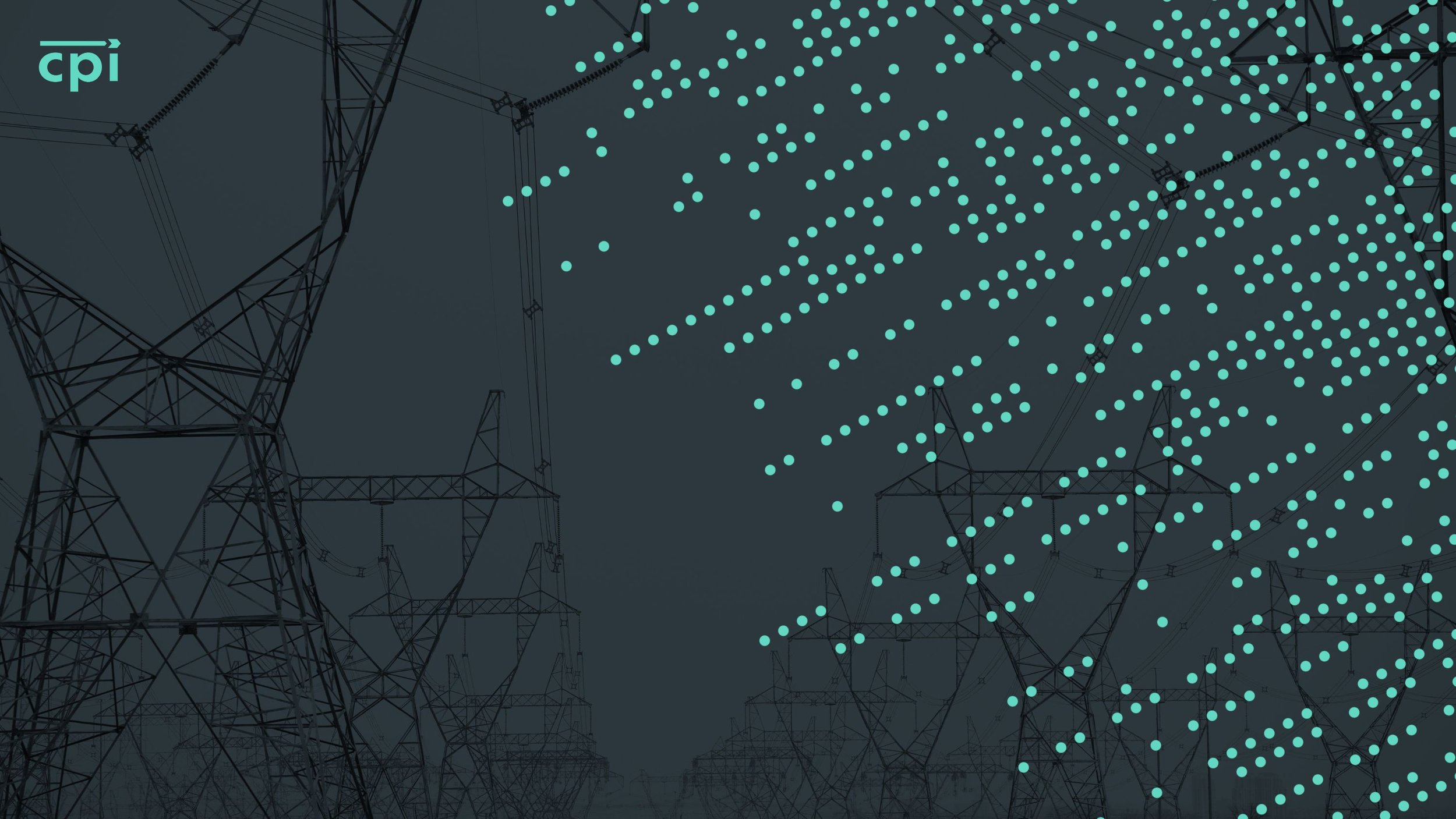
Business Intelligence: The 3 Stages of Data Analytics (Part 3 of 3)
For capital projects, business intelligence is our “why”; we take the data we’ve gathered and leverage data analysis to help create better project outcomes and improve overall business operations. Maybe that means coming in under budget, solving a minor supply chain issue before it can disrupt the project progress, or simply finishing a job according to schedule.
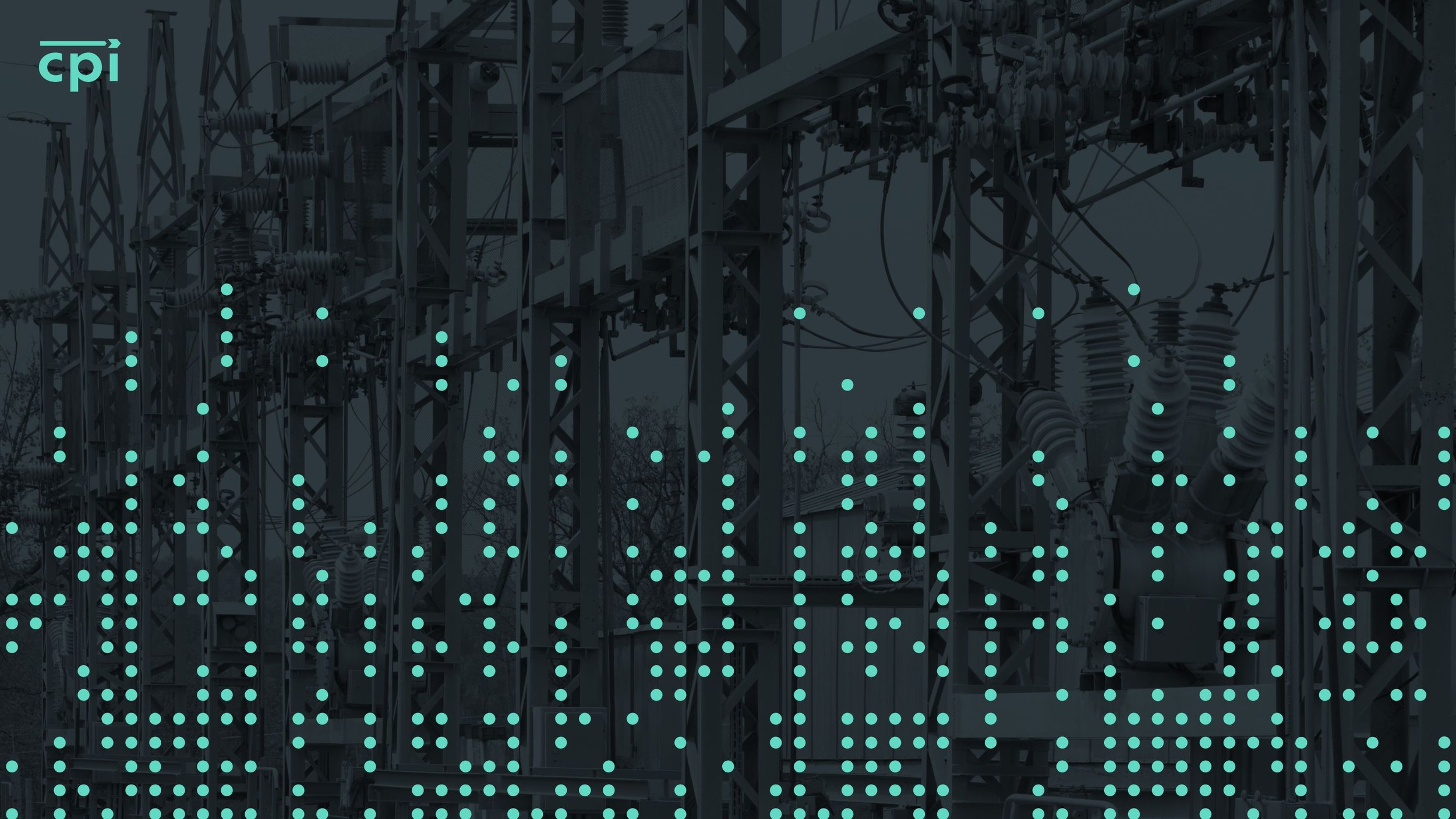
Data Analysis: The 3 Stages of Data Analytics (Part 2 of 3)
Data analytics is a broad term used to describe finding data insights. Data analytics tools can be as simple as spreadsheets to more advanced database management tools and software. The primary purpose behind data analytics is to find trends, investigate outliers, and measure performance.
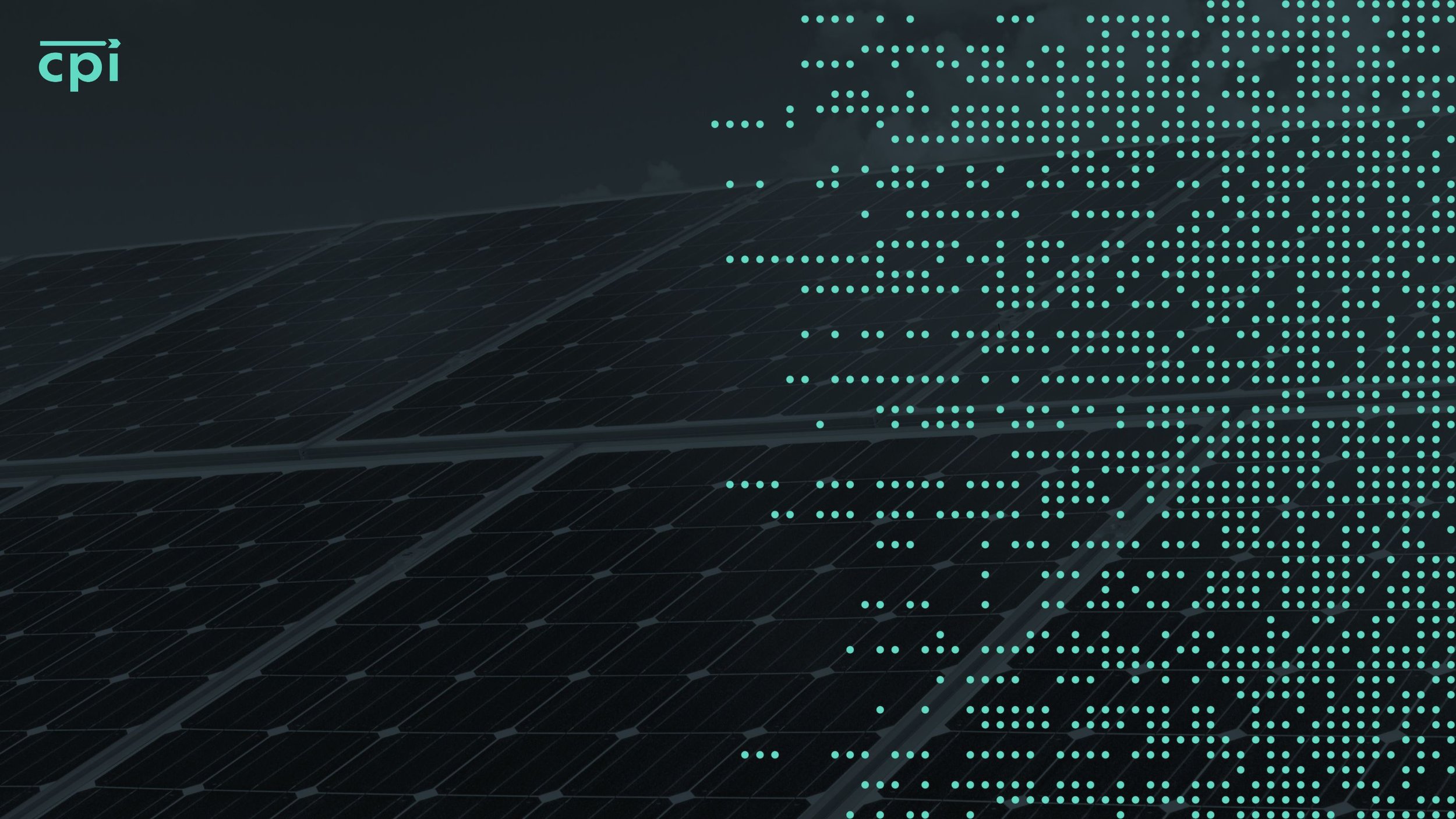
Information Visibility: The 3 Stages of Data Analytics (Part 1 of 3)
Capital projects create enormous amounts of information every day, but how that data is gathered, organized, accessed, and used separates the top players from the average ones in the industry landscape. Managing large-scale construction projects requires many moving pieces to keep the operational wheels turning.

Gen Z At Work: Retaining Gen Z (Part 3 of 3)
Both money and meaning are important parts of retaining Gen Z, however there are other aspects of the day-to-day work environment that have power to influence people to stay.

Gen Z At Work: Recruiting Gen Z (Part 2 of 3)
There are three things to consider when developing a recruiting strategy for Gen Z. They are the three M’s: media, money and meaning.

Gen Z At Work: What’s So Different About Gen Z? (Part 1 of 3)
As an employer, when there is more competition for fewer resources, you have to adjust. You have to be an employer of choice.
